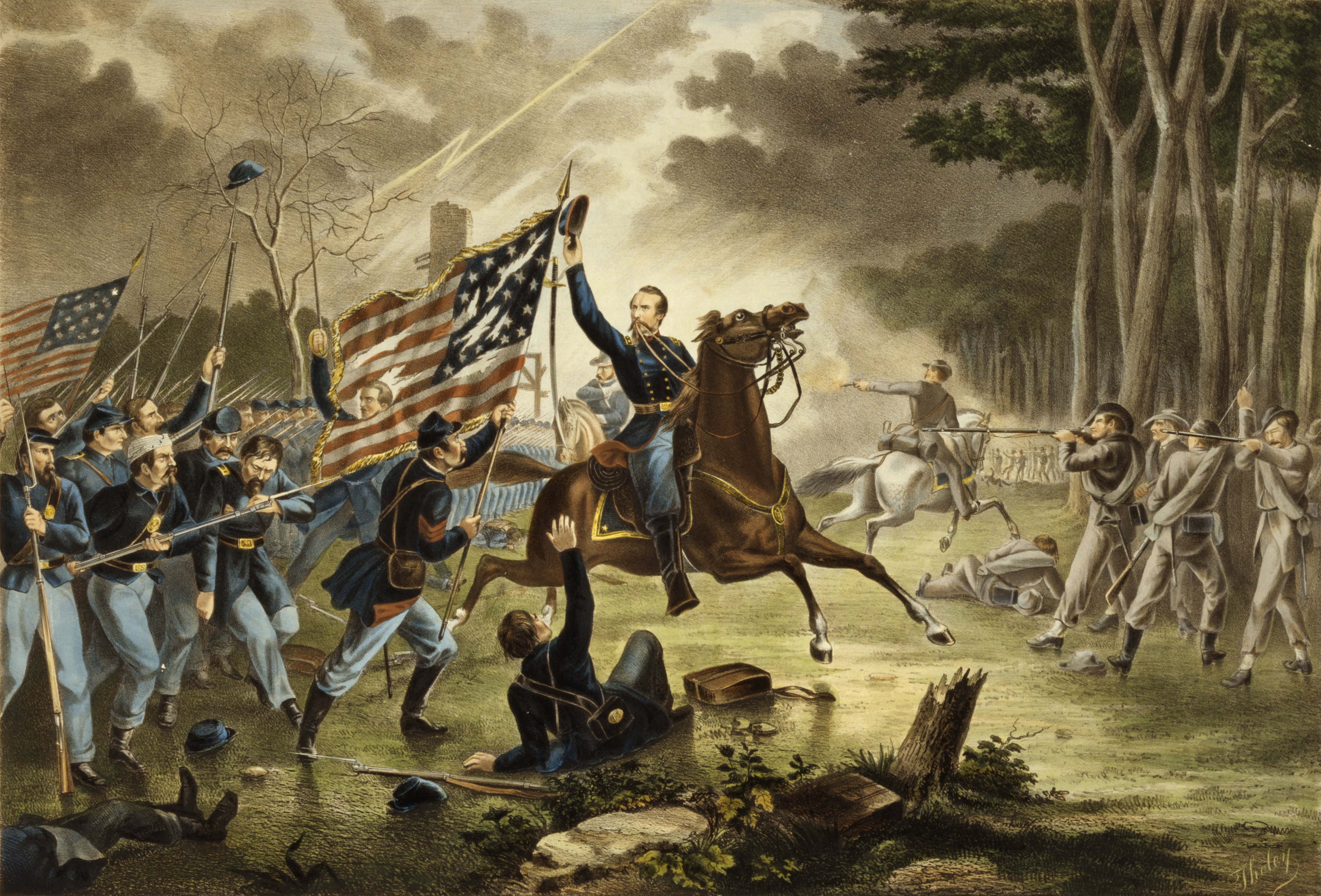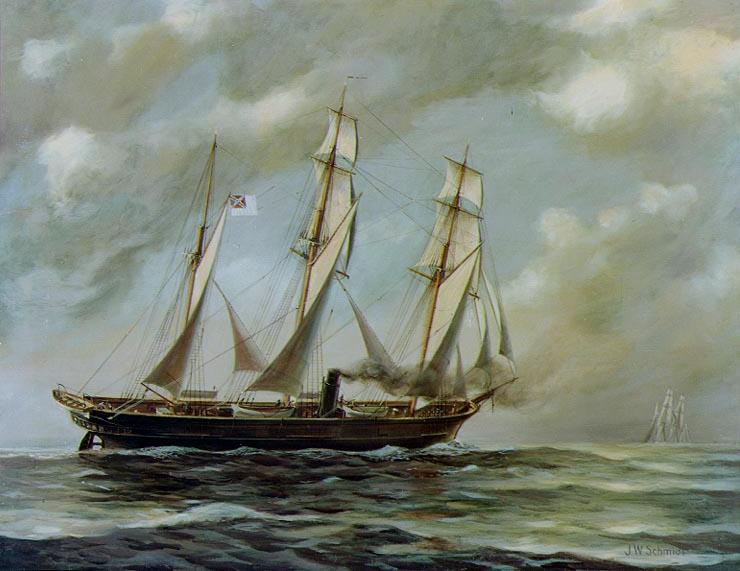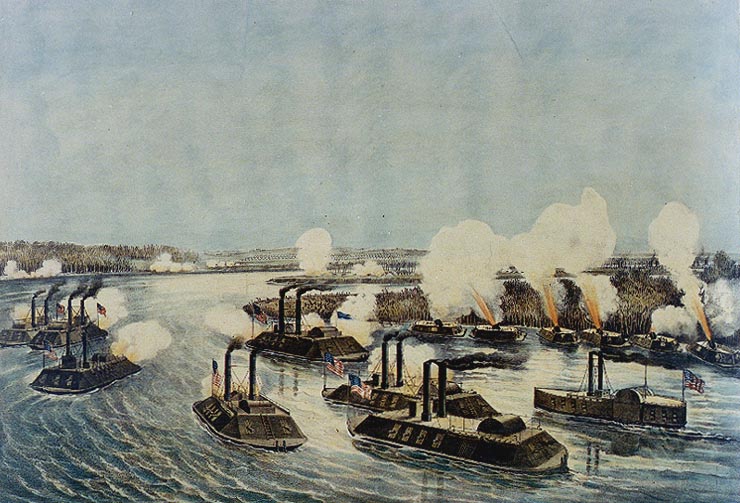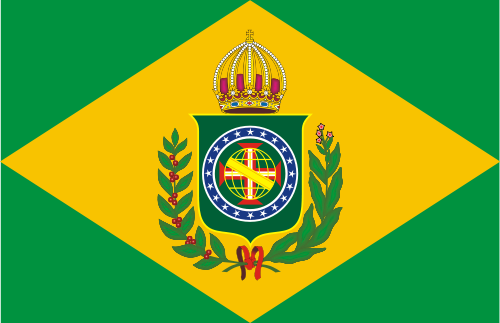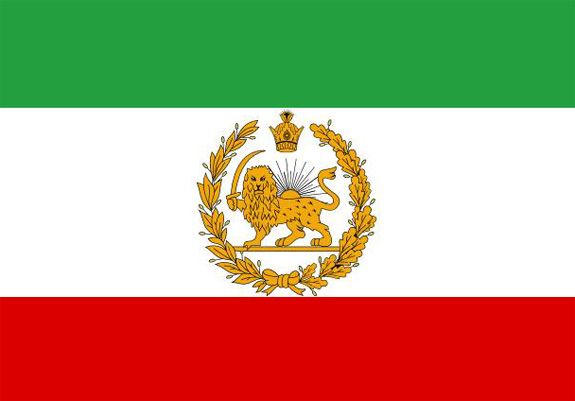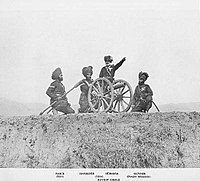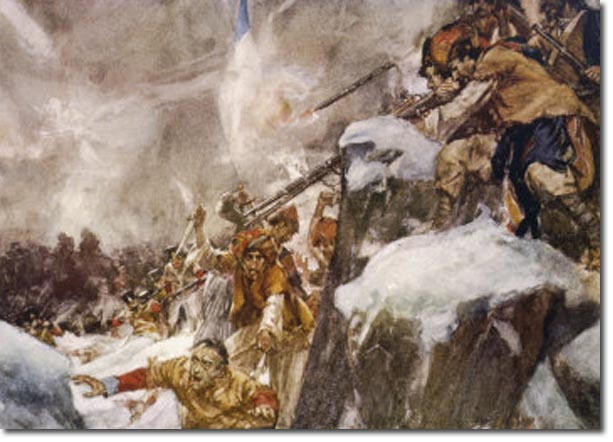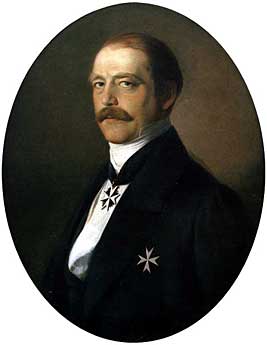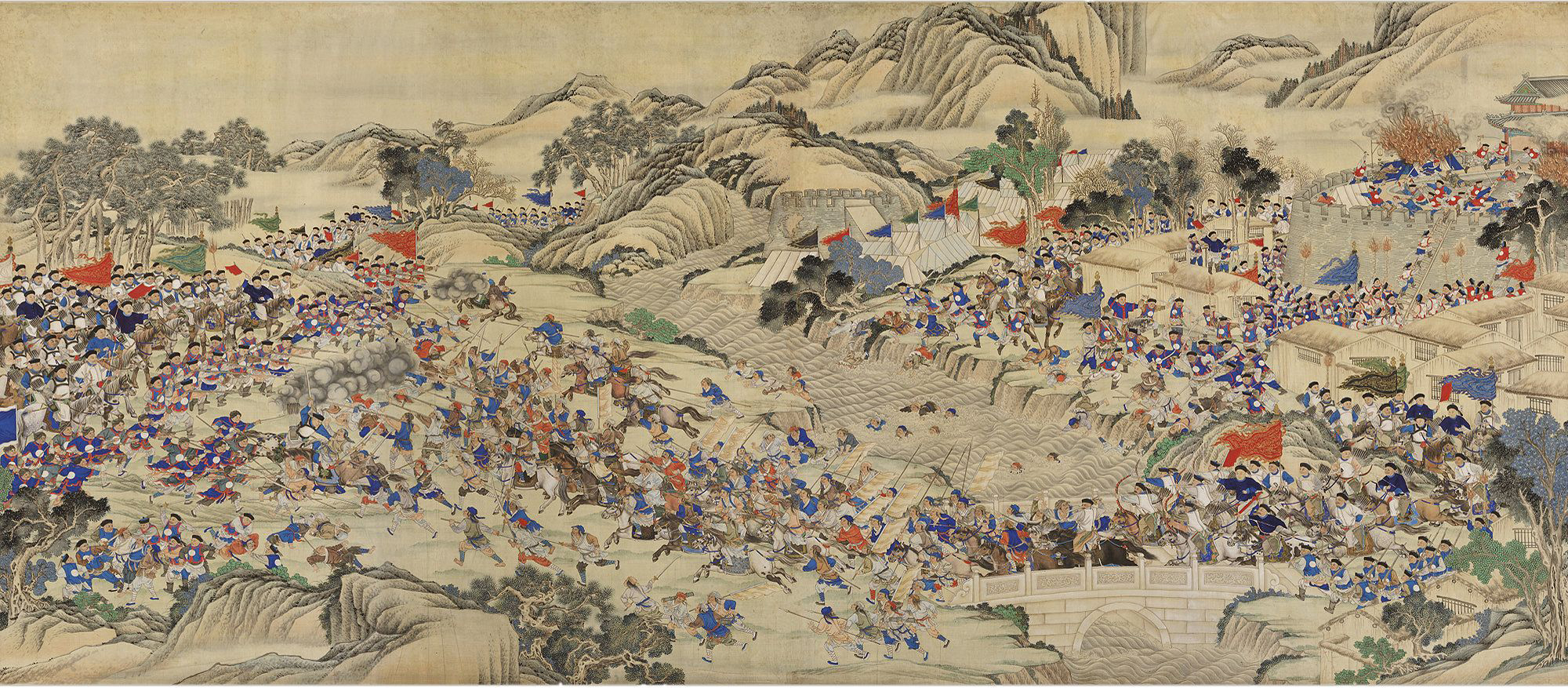
Afghanistan refuses to release the region of Kokand, as this is the exact foreign incusrion we unified with the state to protect against. Central Asia will not be a playground of the foreign powers who feel they can march into our lands.
Miramolinus Dost Mohammad Khan, Emir of Afghanistan, Heir to the Empire of the Mughals, Heir to the Empire of Timur, Heir to the Empire of Genghis, Heir to the Durrani Empire




